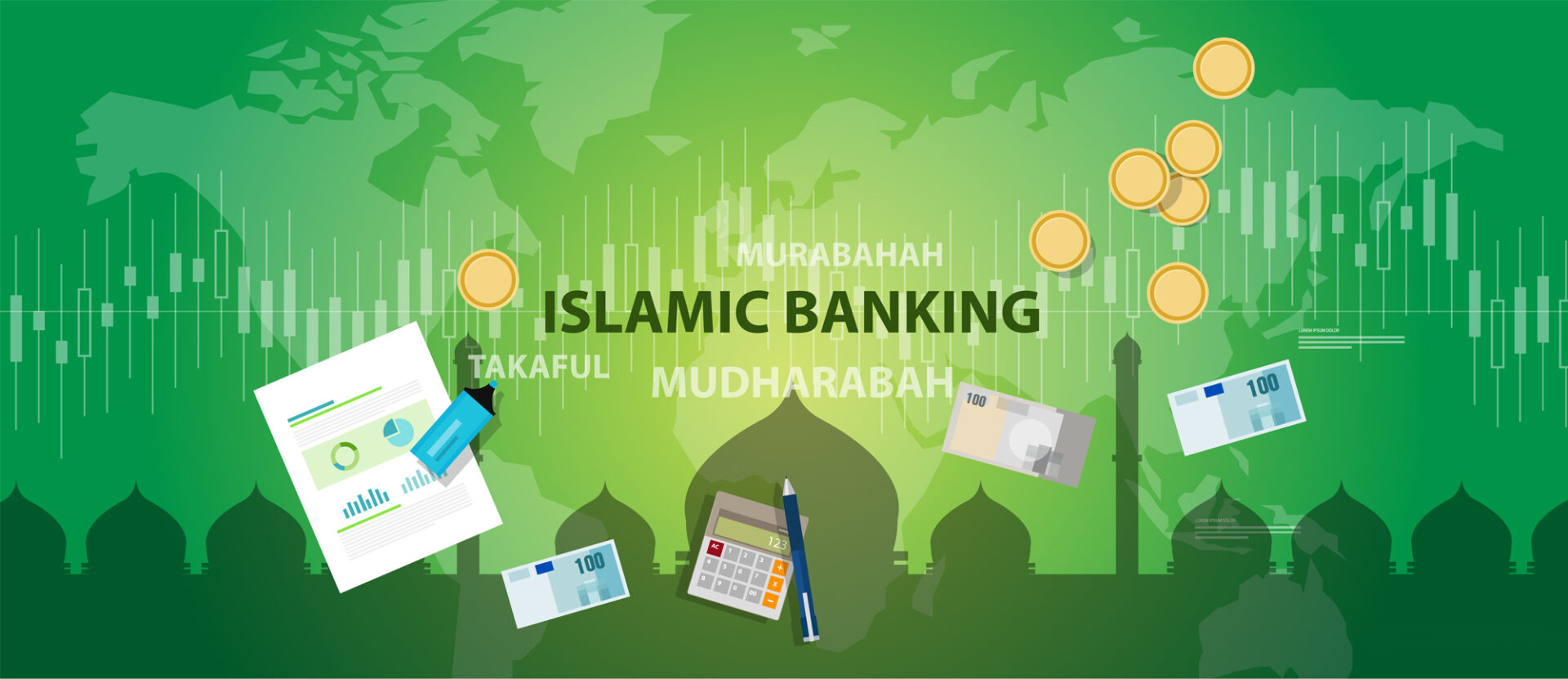It is time for Islamic financial institutions to develop products that are superior to the conventional and target a growing millennial and Muslim middle-class that has pent-up demand for halal products and services, urged Dato’ Mohammad Faiz Azmi.
By Anis Ramli
Malaysia can thank a very supportive Central Bank, the government and having played the right strategy for making the country a trailblazer in Islamic finance, said Chair of the Islamic Finance Consultative Group of the International Accounting Standards Board (IASB), Dato’ Mohammad Faiz Azmi, at a special mentorship and engagement session for MIA’s Islamic Finance Mini Pupillage programme.
IFRS for Islamic Finance
One of the strategies Malaysia used was the adoption of IFRS in 2012, reflecting Malaysia’s commitment to align itself to a single set of global accounting standards. This adoption applied IFRS to Islamic transactions. So, both conventional and Islamic finance used a framework that international investors could understand. “We are still a small country that relies on FDIs. When investors come in now, they don’t talk about accounting – they want to know about political stability, tax rates – our objective was to make the country’s accounting framework familiar enough, so outside investors would be indifferent to local accounting practices,” commented Dato’ Faiz on how streamlining cross-border financial reporting has been good for business.
Following IFRS convergence, the initial decision to subsequently adopt IFRS for Islamic finance did not come without its challenges, in particular, addressing the accounting standards developed by AAOIFI. “AAOIFI was unique to Bahrain’s interpretation of its syariah standards, and some approaches and standards were not applicable to us,” said Dato’ Faiz. This led him to spearhead the formation of the Asian-Oceanian Standard-Setters Group (AOSSG), a lobby group that looked into the region’s accountancy standard setting and also helped push for the adoption of IFRS to Islamic financial instruments.
Wanted: More Sophistication
In driving the Islamic banking agenda, Dato’ Faiz says Islamic financial institutions must develop and offer more sophisticated products in future. While Islamic finance has mainly mirrored conventional banks products in the past, Dato’ Faiz believes it is now time to develop products that are superior to the conventional.
“We have got a market of 1.6 billion Muslims to tap into. But Islamic finance in terms of banking and takaful is already saturated. Another evolution is needed. I see a gap in the offering to middle-class Muslim market for products that work for them e.g. wakaf and asset management products and services for the millennial generation.”
A comprehensive syariah-compliant wealth management service offering could be an initiative to attract millennials with its strategies for wealth preservation and distribution. Dato’ Faiz also pointed to the growth of the Sustainable and Responsible Investment (SRI) Sukuk as an example of what millennials want as they prioritise social impact investing, looking for transparency and accountability in the areas of environment, social responsibility and governance.
As the user becomes more sophisticated, whet their appetites with syariah-compliant instruments that not only have attractive returns but like SRIs, such as green sukuk, pay attention to the purpose of financing as well. This gels with Islam’s objectives of doing good and preserving the environment. “Using the power of money for better things such as financing solar farms or raising money for a social purpose will resonate with those who want more blessings with their wealth.”
Dato’ Mohammad Faiz Azmi lectured to participants in the exclusive Islamic Finance Mini Pupillage programme’s mentoring sessions which took place from April 2017 to July 2018. The Mini Pupillage programme aims to build up the competencies and capabilities of selected accounting professionals working in Islamic finance.






